

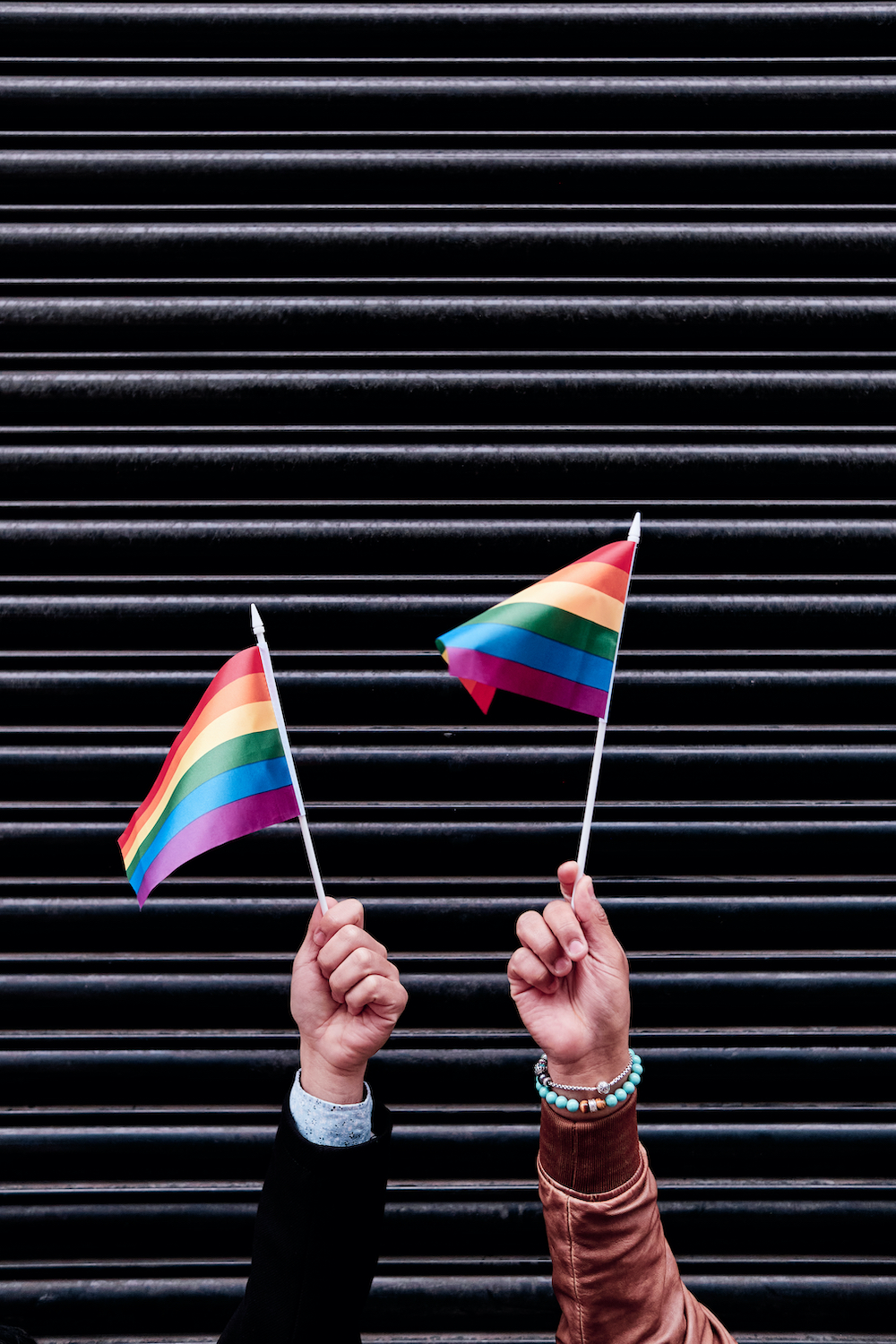

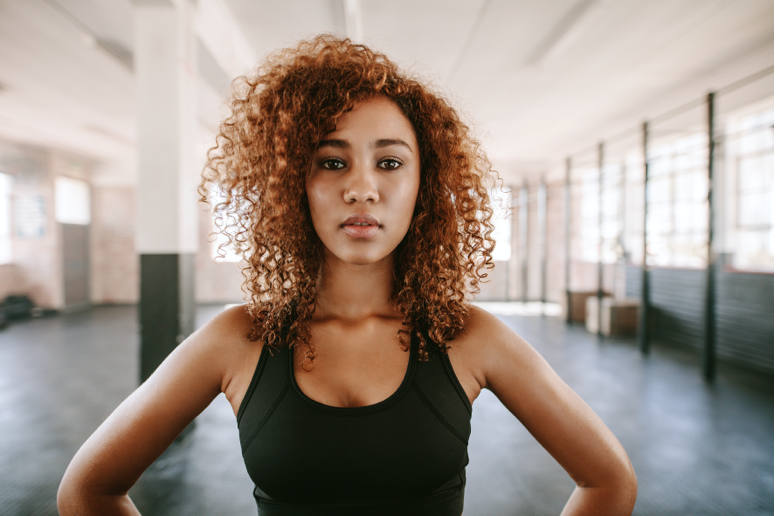

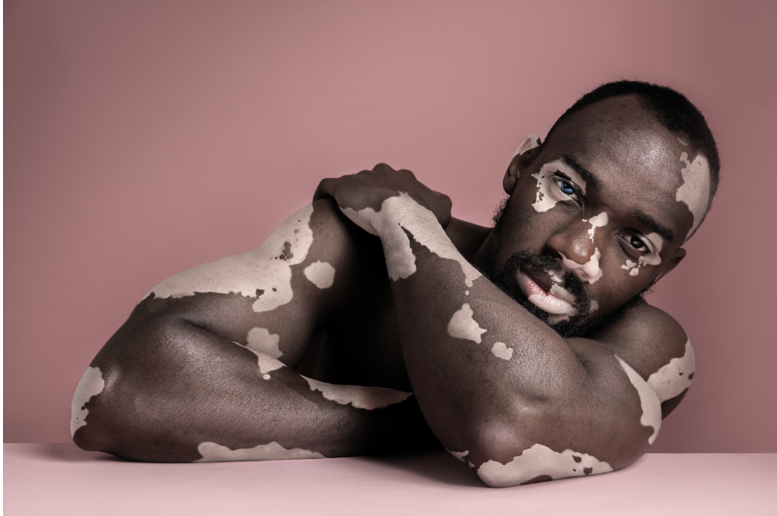
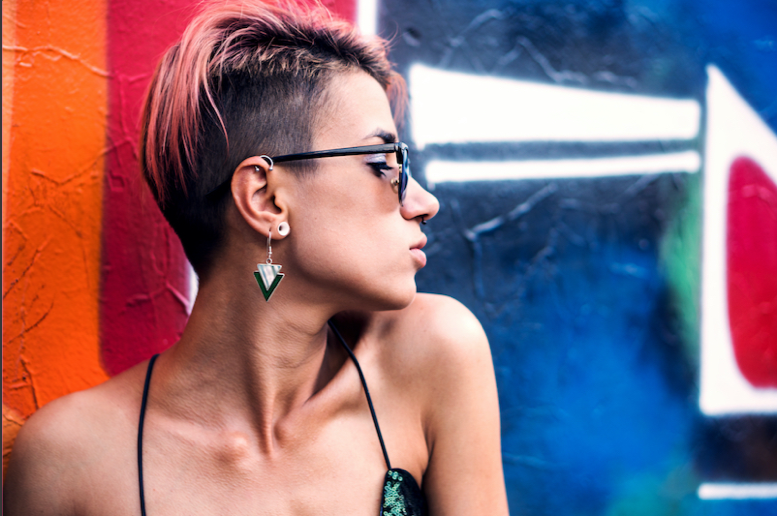
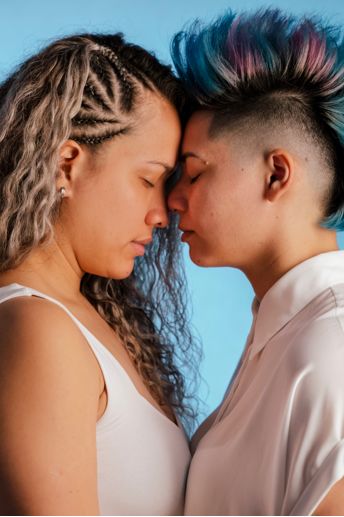
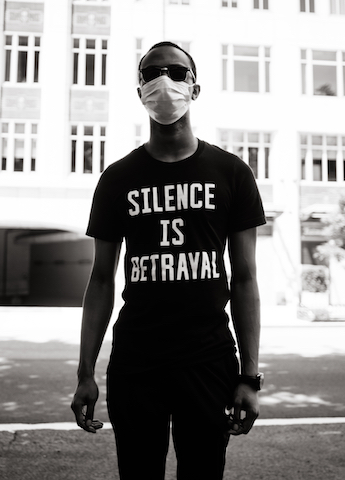
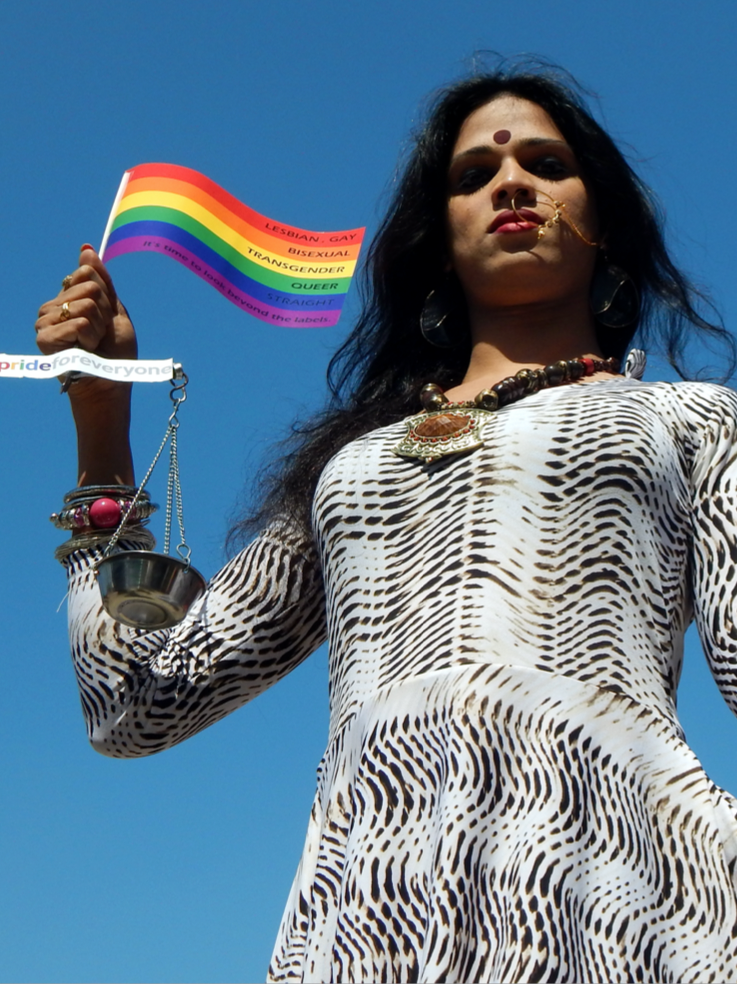
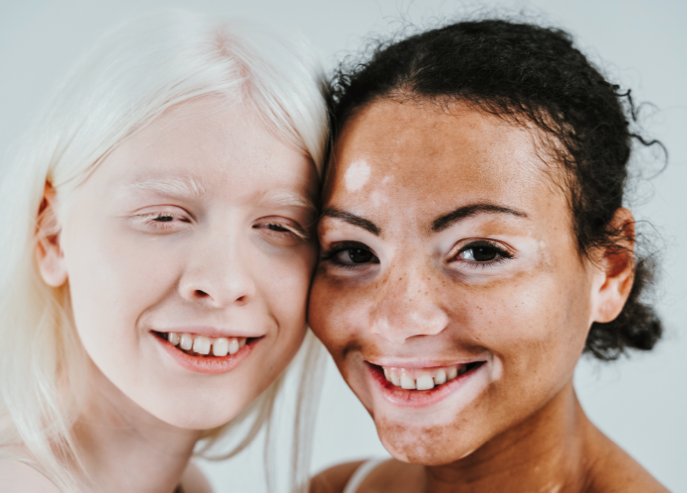
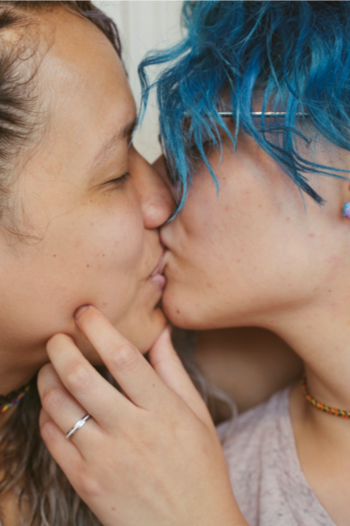
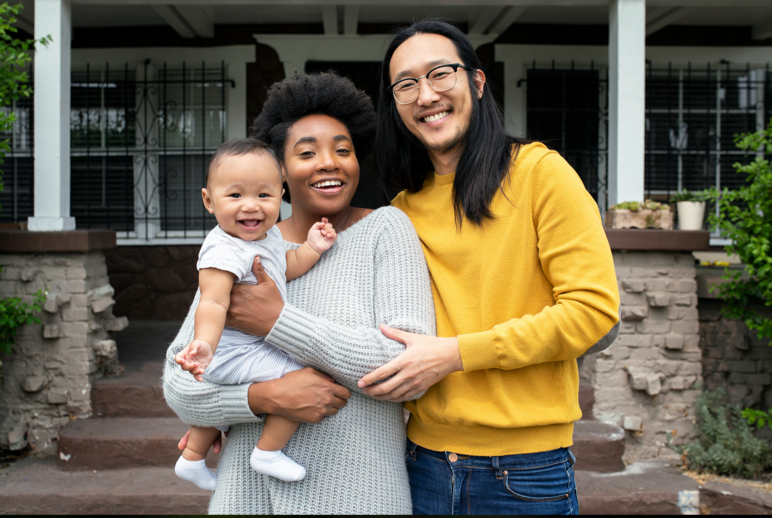
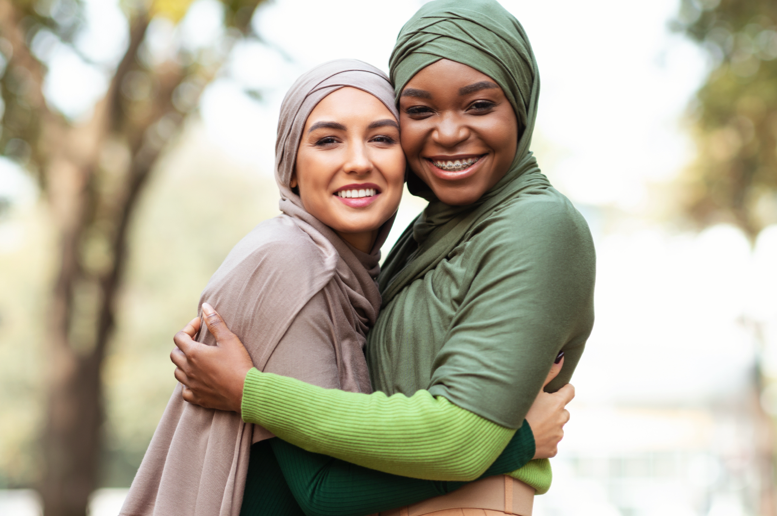
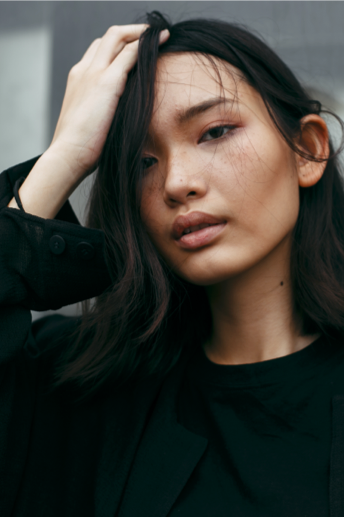
To authentically connect with audiences around the world, diversity in marketing is crucial. More and more, studies reveal that people want to feel represented in the media they consume—and it’s up to marketers to respect and celebrate their consumers’ identities.
At Shutterstock, we want to empower our customers with the content and tools they need to make their ideas become accomplishments, and to ensure that different perspectives help build meaningful, authentic connections. That’s why we track diversity trends across media worldwide, in order to help those who want to tell more inclusive stories.

Transgender, gender-fluid, and non-binary representation matters more than ever. As we break barriers and challenge old norms, the media should reflect a gender landscape that includes his, hers, theirs, and beyond.
Most marketers agree that gender equality is an important factor, with Brazil leading the pack at 74% of those surveyed in agreement, while Germany trails at just 53%. Still, more work needs to be done to translate that sentiment into wider action.
We’re past the point of adding a rainbow icon onto ads during Pride Month. Marketers worldwide agree that LGBTQ+
representation matters, according to 60% of those surveyed in the US, UK, Spain, France, and Italy. Going above and beyond
were Brazil and Australia, where 73% surveyed agreed that the representation of sexuality is important when considering
ad campaign targeting.
Uptake in campaigns featuring same-sex couples and non-traditional families:
United States
United Kingdom
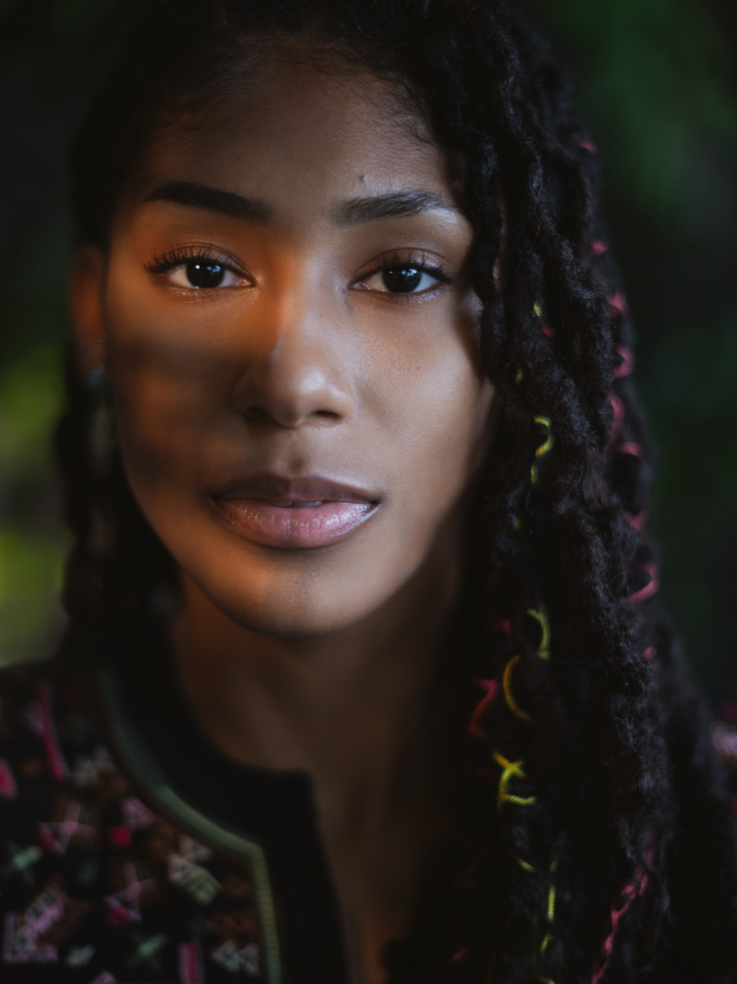
Agree that the Black Lives Matter and Stop Asian Hate movements significantly impacted content decisions in the past year:
Australia
Black Lives Matter. Stop Asian Hate. Racial issues have been making headlines around the world, and marketers should make their content more inclusive to support diversity and take a stand against injustice.
Brazil again leads the pack in terms of highlighting race as a major component of their marketing campaigns, with 76% agreeing that diversity is an important factor (similar to the 75% that agreed in our data from 2019).
There’s a wide range of people with disabilities who want to have their stories told, in ways that both empower them and normalize their identities.
The addition of visuals showing people with disabilities has faced some of the steeper paths to achieve. Australia, representing the highest response rate of all survey groups, has said that up to 27% of its marketers report using more visuals depicting this group over the past 12 months. Their peers in Italy reported a similar high mark, with 21% stating they’ve included people with disabilities in their marketing campaigns.
that more representation of disabilities is needed in visual media:

Marketers using more content featuring models over 50 in the last 12 months:
Australia
The United States
From Boomers to Zoomers, people of all ages want to see their faces reflected in the media. It’s especially important to showcase older generations, who often get overlooked. In every country we surveyed, over half of the respondents agreed that representing older generations mattered to them in their marketing materials, with Brazil leading the way at 69%. However, for the most part, less than a fifth of their campaigns have featured models over the age of 50—on average.
For even more insights, check out the comprenhensive findings in our Diversity Report.